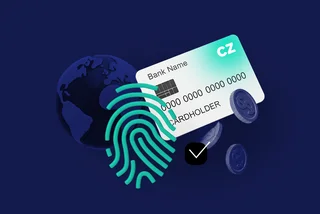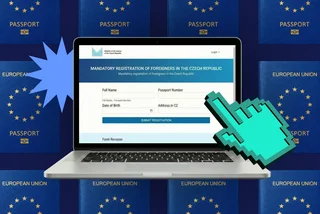Nine major Czech banks have joined forces to introduce a new electronic signature service, allowing residents in Czechia to sign documents digitally without registration or fees, using only their bank identity and a computer or mobile phone.
The innovative service, powered by a Bankovní identita (Bank Identity, or Bank iD), enables users to electronically sign documents, such as applications, transfer protocols, declarations, and rental agreements, with ease. The participating banks include Air Bank, Creditas, Česká spořitelna, ČSOB, Fio, Komerční banka, Moneta, Raiffeisenbank, and UniCredit Bank.
PARTNER ARTICLE
The signed document can be used in private law matters, when dealing with other individuals, companies, or entrepreneurs. This service proves who and when the document was signed and that the document was not changed after signing.
HOW TO USE THE ELECTRONIC SIGNATURE SERVICE
- 1.Upload your PDF document to the Bank ID website and select where to place your electronic signature.
- 2.Select your bank from the list of participating banks and log in to your online banking.
- 3.Log in with your usual credentials (username and password) and complete your bank's security procedures.
- 4.Agree to share necessary personal data to verify your identity and create a unique signature.
- 5.Your document will be electronically signed, and you'll receive a completion notification.
- 6.Download your signed document in PDF format,
According to Marek Růžička, executive director of Bankovní identita: "More than 4 million citizens already use their bank identity for online identification with state and company services." This expansion into electronic signatures marks a significant step forward, following the successful rollout of bank identity for online verification with state administration in 2021.
The Czech Republic has had electronic signatures in place since 2000, with the law on electronic signatures taking effect on October 1, 2000. Růžička emphasized the potential benefits, citing foreign data that suggests countries where electronic signatures are widely used, such as Estonia, can save up to 2 percent of their GDP. "The expansion of electronic signing could bring similar savings to the Czech Republic," he added.
More than 6.5 million bank clients nationwide who use electronic banking have a bank identity.












 Reading time: 2 minutes
Reading time: 2 minutes 

















